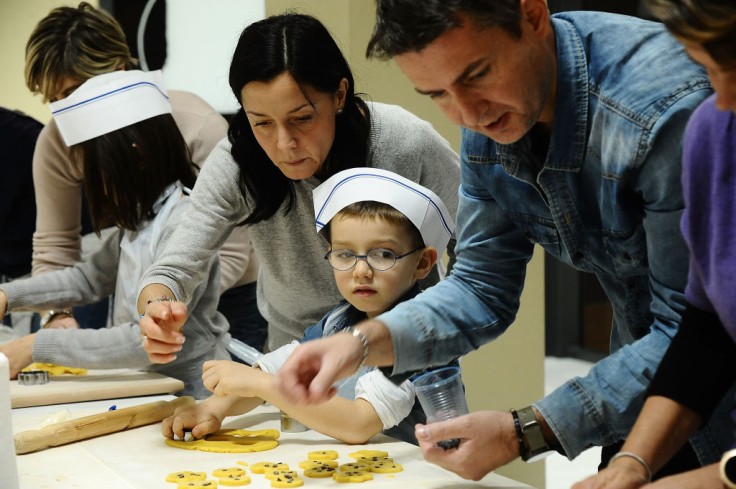
Chores like making the bed, putting away their toys, or finishing their homework might not be fun for kids, but if parents want to teach children to be responsible, they have to inculcate certain habits to help them learn what responsibility is all about.
No matter how time-consuming or boring some tasks are for children, parents need the patience to keep applying the habits. To teach children to be responsible also involves discipline and growth that they will learn to appreciate as they grow up.
Here are some strategies to help the children learn about responsibilities:
1. Give them age-appropriate chores at home.
Chores for kids are not just about getting the job done. It's also about shaping the child to understand that they have to contribute and be responsible for some things in the house. It must be a chore that they will more than likely accomplish well, given their age. This way, the children will feel excellent about themselves if they have succeeded in doing the tasks.
If the chore seems daunting, start with the simple and basic ones, such as putting their toys in the basket. Provide hands-on help a few times and then communicate the proper way of doing things to the kids.
According to the Center for Parenting Education, some parents often confuse teaching responsibility versus raising obedient kids. The difference is kids are also taught to accept ownership for their chores as they are taught responsibilities so that they will do the task without some prodding from their parents in due time. This will also give the kids a sense of independence.
2. Teach them to make a to-do list.
A to-do list gives structure to the children's routines. If this is accomplished in repetition, the children could master habits of success.
A to-do list also reduces the feeling of being overwhelmed so that the children won't forget their chores and tasks for the day, and their daily activities will run smoothly as scheduled. This will also allow them to have more time for play and fun and fewer moments of following through or arguments with the kids to finish what they are supposed to do for the day.
3. Ask questions instead of calling out orders.
It's common for parents to bark orders at their children, but it would be better to allow them to process and think as they do their chores. This can be done by asking them questions or letting them join in the decision process instead of just simply telling them what to do.
For instance, if the family has a chart of tasks or a to-do list, the kids could help list down their roles, and then the dad could ask the kids ideas on what else should be on that chart. This will make them feel involved. If they have finished doing their school projects, the mom could ask the children what's the next thing to do. They could volunteer and say they will clean up and prepare the table for dinner.
Asking questions will keep kids focused on their daily tasks so that they will come to internalize the process and then learn to manage their tasks independently.
Related Article: The One Secret To Avoid Raising Spoiled Kids, Experts Reveal